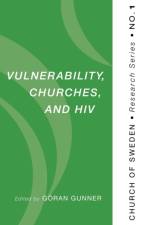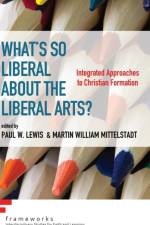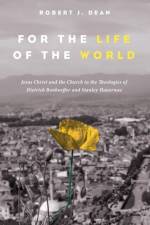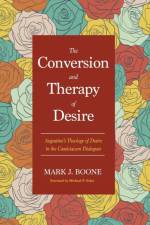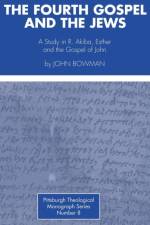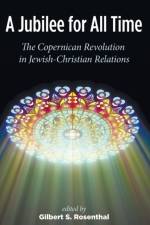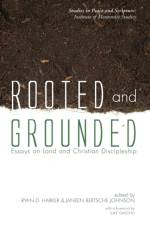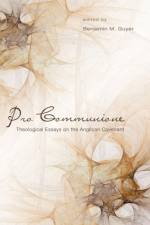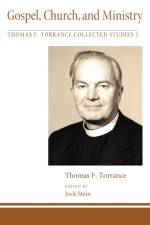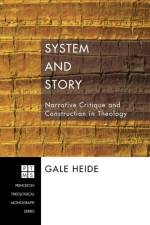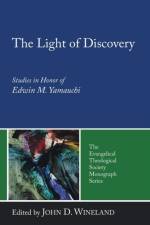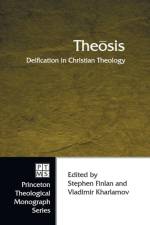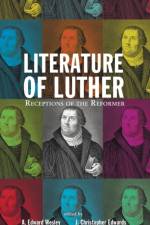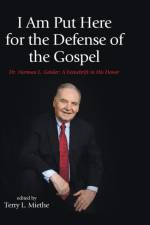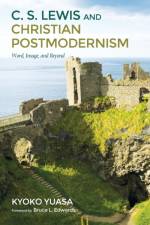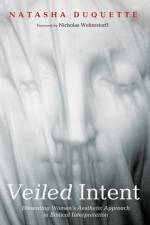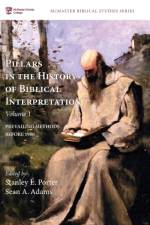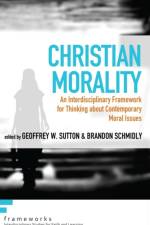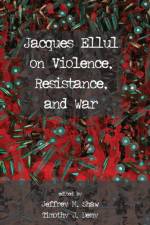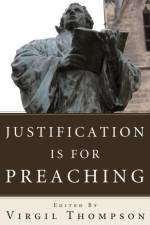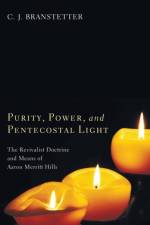531
Should society care about Christian morality? Are Christians out of touch with complex moral decision-making? Christian Morality: An Interdisciplinary Framework for Thinking about Contemporary Moral Issues provides readers with a framework for identifying and applying Christian moral principles to divisive issues. First, readers learn of the theological and philosophical foundations of Christian ethics. Two additional chapters explain how personal and social factors influence our capacity to think critically and Christianly about morality. Second, readers will learn about forming Christian moral judgments by seeing how different thinkers address six contemporary moral issues: abortion, same-sex relationships, equal treatment of men and women in the workplace, sex education, and racial bias in incarceration polices.""As a rhetorician, I repeat often to students that 'how we talk about things matters.' What Sutton and Schmidly have provided in this text is an admonition to readers that how we think about things matters. Drawing from both the philosophical and psychological study of morality, the editors and contributors challenge the reader to consider how we think about morality, but also how to apply a moral framework to the issues and situations that we encounter in our homes, churches, and society. How we talk about these issues and moments matters, but if we are to speak in a way that allows us to demonstrate real influence we must first consider the thought with which we engage to formulate our response. This is a book that is both meaningful and accessible to the scholar, pastor, and lay person alike and a must-read for anyone who seeks to speak into the world as a voice of redemption."" --Joy E. A. Qualls, Chair, Department of Communication Studies, Biola University""Books on moral theory and applied ethics abound. They are readily available in bookstores everywhere as well as online. What makes the present volume distinctive is its interdisciplinary approach to moral concerns. Here we have Christian scholars, representing a variety of academic disciplines and professional backgrounds, engaging foundational questions as well as contemporary moral issues. The Christian community is indebted to Drs. Sutton and Schmidly for bringing this volume to us."" --Michael D. Palmer, Professor of Philosophy, Regent University School of Divinity""Christian Morality is a timely and accessible resource that provides the reader with the language, the categories, and the concepts that help us talk responsibly and respectfully to each other about the topics that matter most to us. The cultural and moral climate today begs for resources like this one."" --Heather Kelly, Professor of Psychology, Evangel University, Springfield, MOGeoffrey W. Sutton is a psychologist and Emeritus Professor of Psychology at Evangel University in Springfield, Missouri. He is the author, coauthor, editor, or coeditor of a hundred publications, including Forgiveness, Reconciliation, and Restoration (2010) and A House Divided (2016). Brandon Schmidly is Associate Professor of Philosophy at Evangel University in Springfield, Missouri. He teaches on a broad range of topics in philosophy. His interests and specializations are in ethics and political philosophy, specifically as they relate to family relationships.

